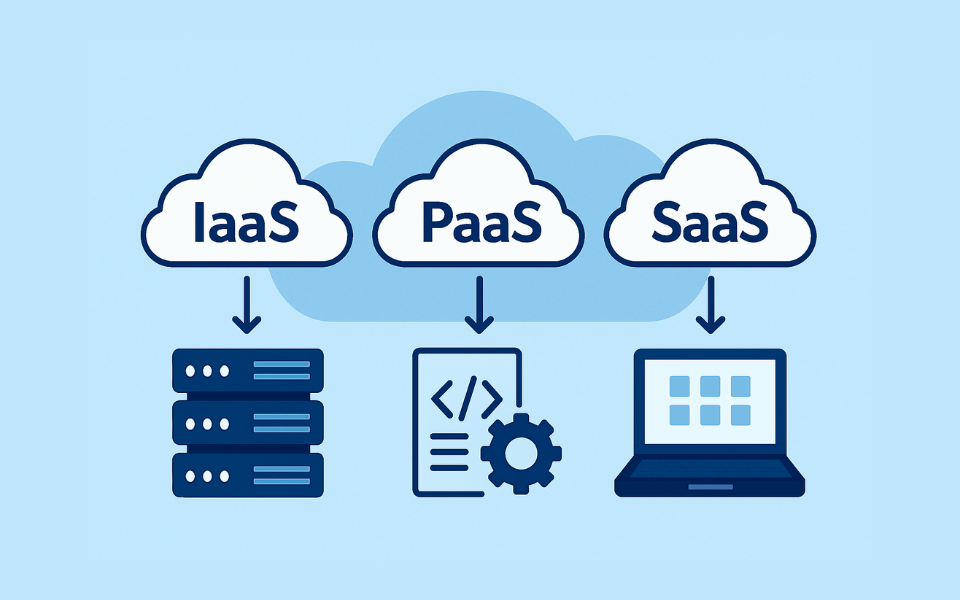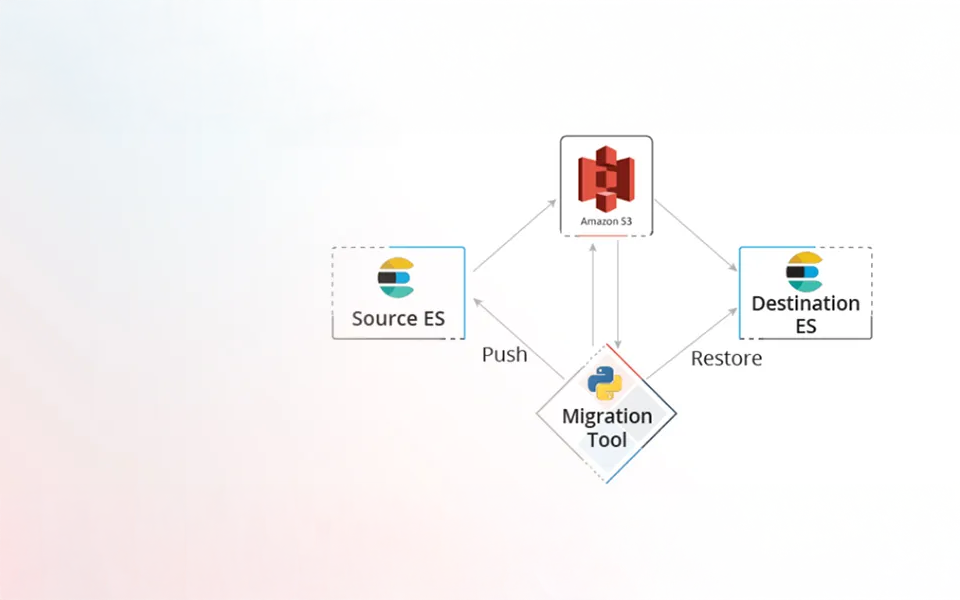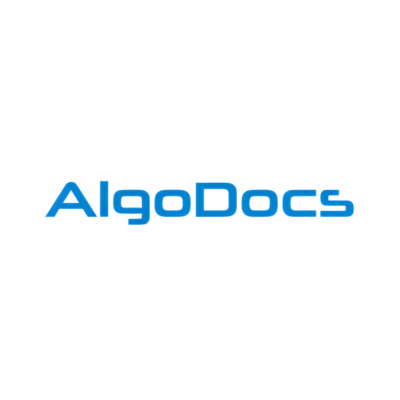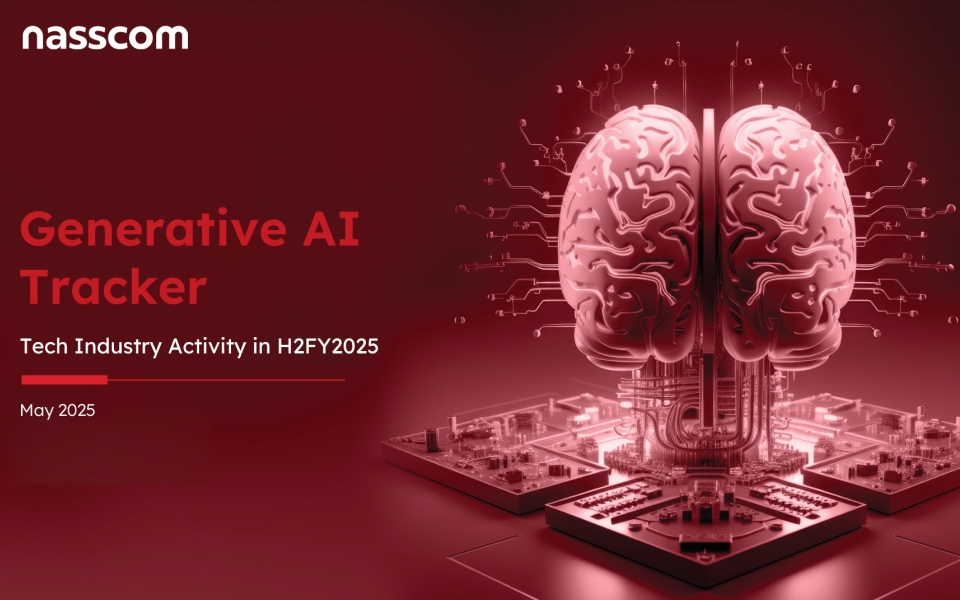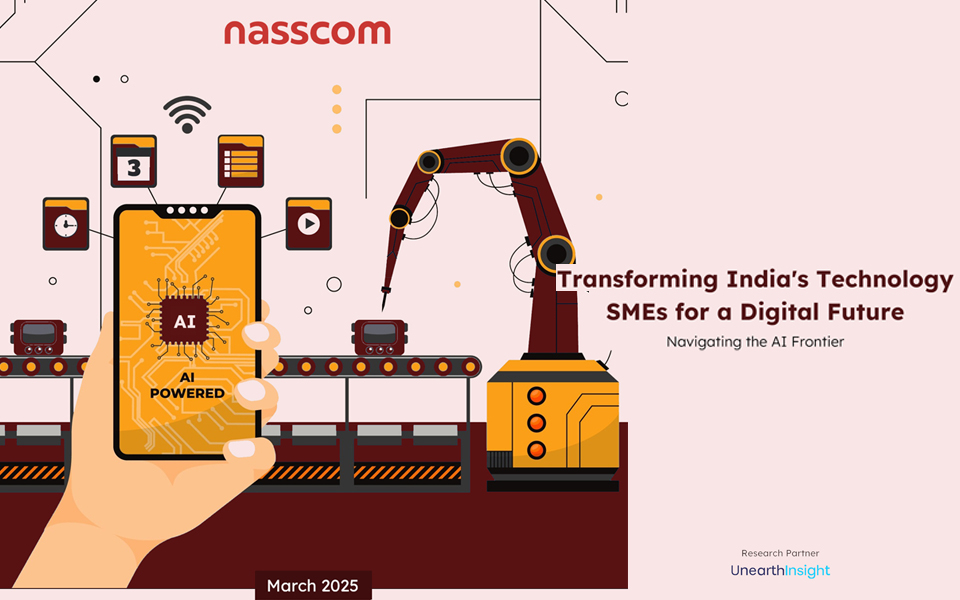Technological advancements are at their top to implement in diverse fields. It has revolutionized manufacturing and led to multiple changes that boost efficiency and growth. And the buzzword, Smart Factory, is poised to transform the manufacturing sector's entire value chain.
There are numerous other benefits that can be concretely measured by the Smart Factory. Smart manufacturing relies on digital technologies to create flexibility and efficiency in data, supply chain, machinery, personnel, and more; a smart factory can focus on solving many pain points.
So, let's gear up and see how a smart factory management system can benefit your brand.
What is a Smart Factory Management System?
A smart factory management system refers to the integration of advanced technologies and digital solutions in manufacturing processes to create a more efficient, connected, and intelligent production environment. The main motive of the system is to gain the benefit of digital technologies to enrich various aspects of factory operations, supply chain, cost, and overall maintenance. Key technologies included in the system are
- Internet of Things (IoT): Collect real-time data, monitor, analyze, and make decisions.
- Automation and Robotics: To improve the efficiency of the work that is traditionally done by humans.
- Artificial Intelligence (AI) and Machine Learning (ML): Analyze data, make predictions, and optimize various processes. Predictive maintenance, quality control, and demand forecasting are also done with it.
- Cloud Computing: To store and process data, enabling accessibility from anywhere and facilitating collaboration among different departments.
- Augmented Reality and Virtual Reality: Used for training, maintenance, and troubleshooting.
- Supply Chain Integration: For smooth coordination with suppliers and distributors and enhances the visibility and responsiveness to changes in demand or supply.
A smart factory management system aims to improve efficiency, reduce costs, and enhance product quality in response to changing market conditions. By using the power of digital technologies, smart factories represent a notable growth in manufacturing.
Benefits of Smart Factory Management System
A Smart Factory Management system provides multiple benefits that contribute to increased productivity, efficiency, and overall operations. Let’s explore some key advantages
1. Automation and Efficiency
Smart factory technology helps to lower operating costs by reducing energy consumption and increasing automation efficiency. With the help of advanced technologies, temperature control or pressure setting in industries with the help of automation can result in saving more money on energy bills by using the resources that were once used in the traditional methods. Along with this, it also detects problems much faster than humans by using technologies such as IoT, robotics, and AI and takes corrective action quickly, resulting in fewer unexpected downtime incidents and significant cost savings for businesses.
2. Supply Chain Integration
Integration of the supply chain in the smart factory management system allows better visibility into the entire production and distribution process, providing better responsiveness and coordination to changes. The inventory management and ensuring that the production is aligned with the market needs is done with data analysis with the help of AI tools and algorithms. They can also analyze and make better decisions.
3. Real-time Monitoring and Analytics
The use of the sensors by attaching them to the devices and machines in the smart factory management allows the system to collect real-time data from your equipment and monitor their processes. This can then help the industry to cope with the work faster than the traditional method. This also allows the system to have early knowledge of the errors in the system. Other than this, it also gives an alert for the inventory and other manufacturing processes and enhances them.
4. Flexibility and Customization
When it comes to the growth and stability of the industry, the manufacturers need to consider flexibility and agility. The smart factory management system, when implemented in the system, is necessary for the owner to bring these changes without disturbing the flow of operations to have less to no loss. With this system, the company can have a better way of doing business, enhancing multiple processes, thus making it flexible for most workers.
5. Quality Control
Businesses can watch their production lines more closely with the help of smart factory technology, which enhances quality control. With fewer faults or returned goods being sent back because inadequate quality control criteria were not fulfilled, automated systems can spot flaws or inconsistencies more rapidly than manual techniques. This results in the production of superior quality products more quickly and efficiently. This results in higher customer satisfaction scores and lower waste because faulty products don't make it off the assembly line and into the mail.
Features of Smart Factory Management System
1. Dashboard and Analytics
A smart management system consists of a dynamic dashboard and analytics modules that offer users an interface for real-time data visualization and analysis of the key performance indicators(KPIs). With the help of these features, industry specialists can gain quick insight and make timely decisions. The analytics with the advanced tools make the actionable insights and recognize patterns within the collected data.
2. Remote Control and Automation
It allows the companies to manage and monitor the process remotely, as it is an integral part of the system. This reduces the physical presence and makes a more flexible, convenient system. Automation is smoothly integrated into the system for the smooth running of the operations, minimizing manual intervention, increasing efficiency, and ensuring consistency throughout the task.
3. Inventory Management
Inventory Management is a big part of the system, containing Asset Tracking and Supply Chain Visibility. It allows real-time monitoring and tracking of assets and resources, optimizing inventory levels and providing insights into supply chain dynamics. By fostering transparency and efficiency in the supply chain, this feature supports effective decision-making and resource allocation, contributing to overall operational excellence.
4. Collaboration and Communication Tools
To maintain better teamwork and information exchange, these tools are integrated into the system. Collaboration Platforms allow document sharing and project management. The communication tools such as video conferencing, notifications, and messaging ensure efficient and timely information flow among the team members. These two features together improve communication and collaboration within the enterprise.
5. Energy Management
Energy management is very important for any industry; thus, with the help of the smart factory management system. The system tracks and analyzes the energy consumption, identifying all the faults and the working efficiency, and can optimize that for better results. This also reduces the cost, optimizes energy usage, and enhances overall sustainability. By actively managing energy resources, organizations can achieve cost savings
6. Task Management and Scheduling
For good organizational workflow, task management, and scheduling, everything is important. This smart factory management system allows efficient Task assignment, allowing the team to work on the project smoothly. The scheduling feature in the system allows the company to plan and manage activities such as timely task completion and ensure optimal resource allocation. This promotes organizational efficiency, enhances productivity, and supports effective project management.
7. Security Features
One of the must-have features in the smart management system is security, which includes access control, data encryption, and security audits. Access Control ensures that only authorized personnel can access sensitive information, protecting data integrity. Data Encryption adds an extra layer of protection by securing sensitive data from unauthorized access. Regular Security Audits help identify and address potential vulnerabilities, ensuring a robust and secure management system.
8. User Feedback and Support
User Feedback and Support mechanisms are integrated into the smart factory management system to enhance user experience and address concerns. The feedback option allows the industry people to share their opinions and insights to get continuous improvement in the system. For the smooth functioning of the system, it also provides a support service that addresses all the queries and troubleshoots issues.
Future of Smart Factory Management System
The whole system opens up the door to development opportunities in Industries. The modifications in the industries with the system allow the business to expand and enhance productivity by impacting the manufacturing units, manual work, and more. The system is loaded with multiple technologies to improve performance and workflow, thus making it a perfect choice for all.
The Smart factory management system was valued at USD 107.03 Billion in 2022 and is anticipated to grow to USD 256.5 billion by 2032 with a CAGR of 9.2%.
The stats show the growth of the smart factory system in the industry. With the growing technologies and advancements coming over the years, it is a game changer for most industries. So, be ready to take the futuristic approach to improve your market game with all the competition.
Key Takeaways
Smart Factory management system enhances the working of multiple industries through advanced technologies like AI, IoT, and data analytics. Resulting in better decision-making, providing real-time insights, and much more. It optimizes efficiency, with more innovations also ensuring the competition in the industrial market.








